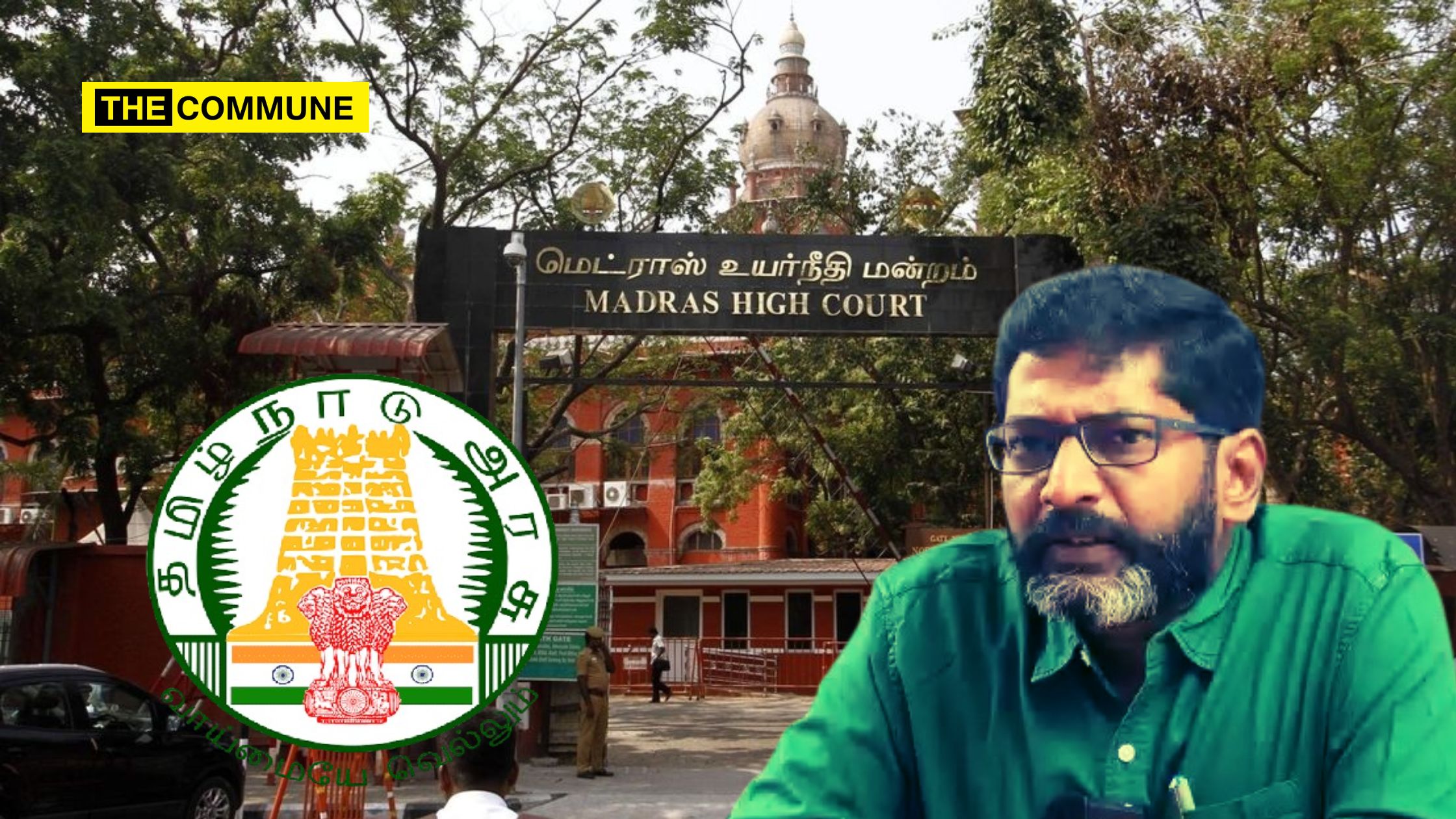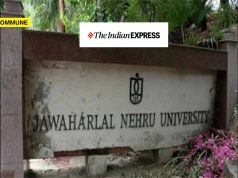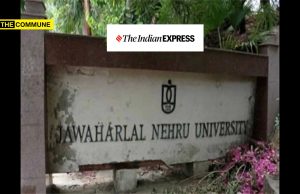
On 9 August 2024, the Madras High Court quashed a Goondas Act detention order against YouTuber ‘Savukku’ Shankar, also known as A. Shankar, which had been issued by the Greater Chennai City Commissioner of Police on 12 May 2024. The order had placed Shankar under detention according to the Goondas Act for allegedly engaging in activities that were deemed harmful to public order.
A Division Bench consisting of Justices S.M. Subramaniam and V. Sivagnanam ruled in favour of a habeas corpus petition filed by Shankar’s mother, A. Kamala, challenging the legality of her son’s detention. The court ordered that Shankar be released immediately, provided he was not required for detention in connection with any other cases.
Savukku Shankar’s YouTube interview
Shankar had been initially arrested on 4 May 2024 following a criminal complaint lodged by the Coimbatore cyber-crime police.
The complaint stemmed from comments he made during a YouTube interview, which allegedly disparaged the conduct of women police officers.
Following his arrest, several additional cases were filed against him. Consequently, the Commissioner invoked the Tamil Nadu Prevention of Dangerous Activities Act, commonly known as the Goondas Act. The Act is designed to detain individuals involved in various offences, including cybercrime and activities prejudicial to public order.
Although the Supreme Court had earlier granted Shankar interim bail in the preventive detention case, he remained in custody due to his formal arrest in several other criminal cases while detained at Puzhal Central Prison.
After quashing Savukku Shankar's Goondas detention order, Justices SM Subramaniam & V Sivagnanam of #MadrasHighCourt order that he should be released unless his continuous detention is required in connection with other cases. @THChennaihttps://t.co/hZHDmt6eEo
— Mohamed Imranullah S (@imranhindu) August 9, 2024
Court’s criticism of the Goondas Act misuse
On 6 August 2024, the Court scrutinised the DMK-led Tamil Nadu government’s decision to detain Shankar under the Goondas Act, questioning whether the action was selective.
Justices SM Subramaniam and V Sivagnanam said preventive detention is a colonial-era law and should be employed cautiously. They warned that suppressing the voices of media professionals and YouTubers could revert the country to colonial practices.
The court remarked, “Preventive detention is a colonial law. Detaining power should be used sparingly. If the voices of YouTubers and media people are strangulated, we’ll return to colonial times. Media is the fourth pillar of democracy.”
(With inputs from The Hindu)
Subscribe to our channels on Telegram, WhatsApp, and Instagram and get the best stories of the day delivered to you personally.




